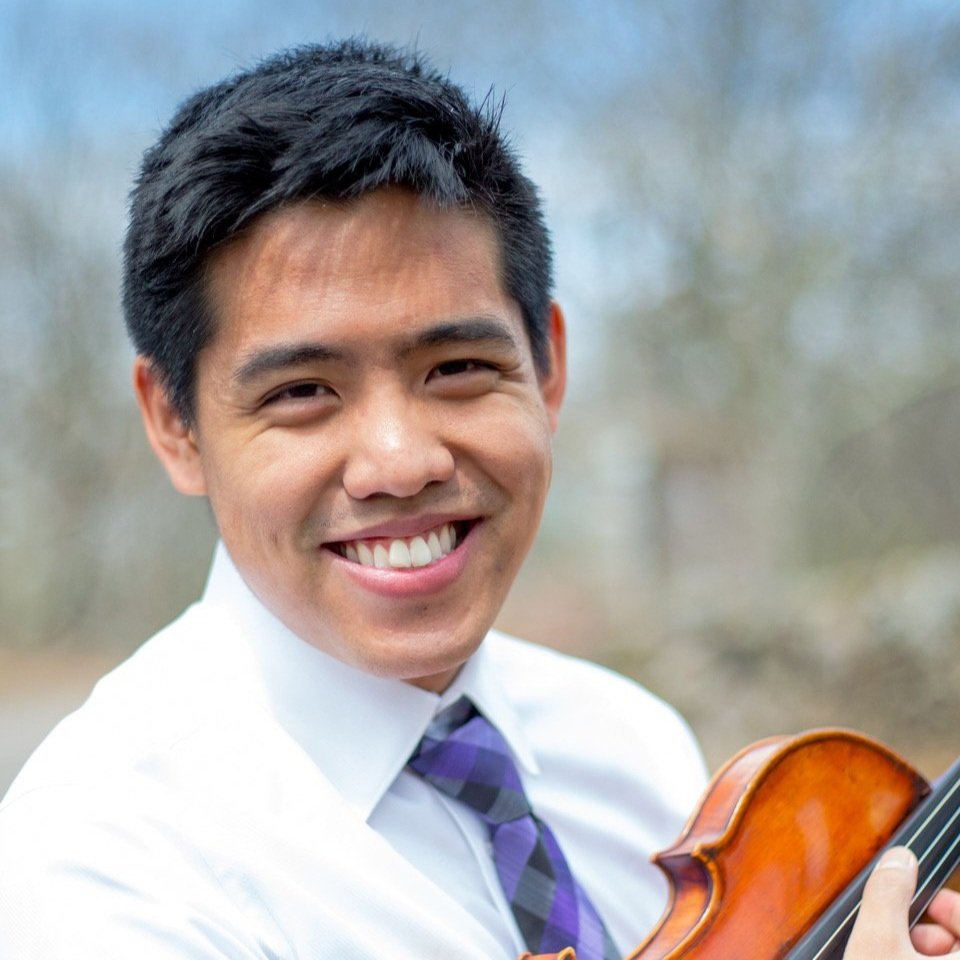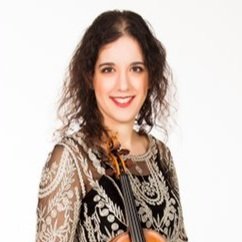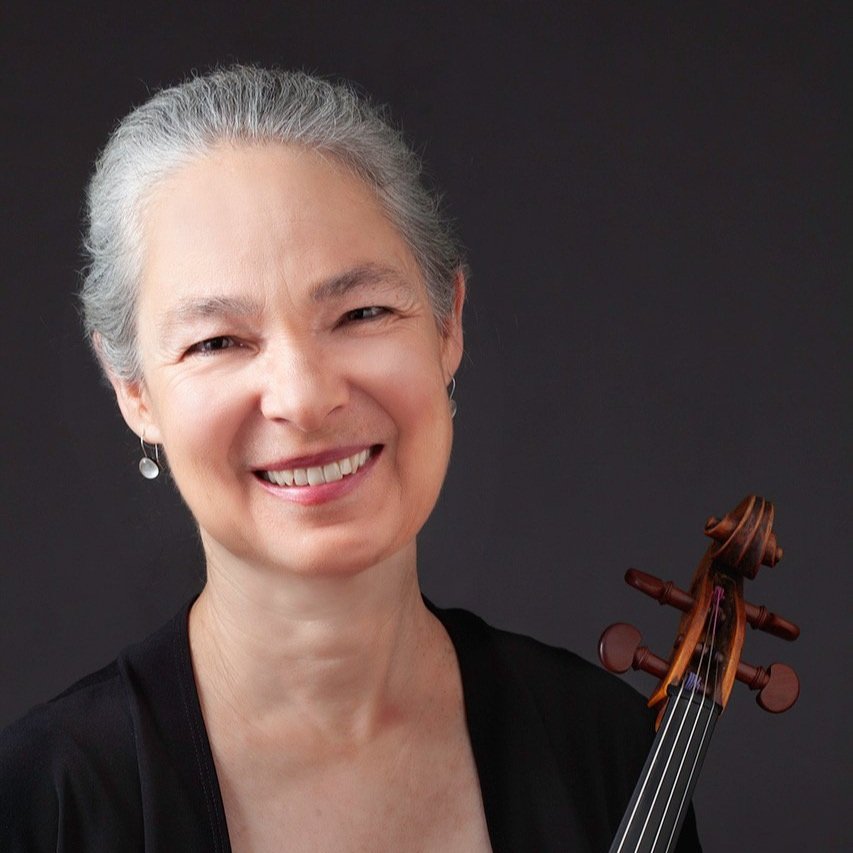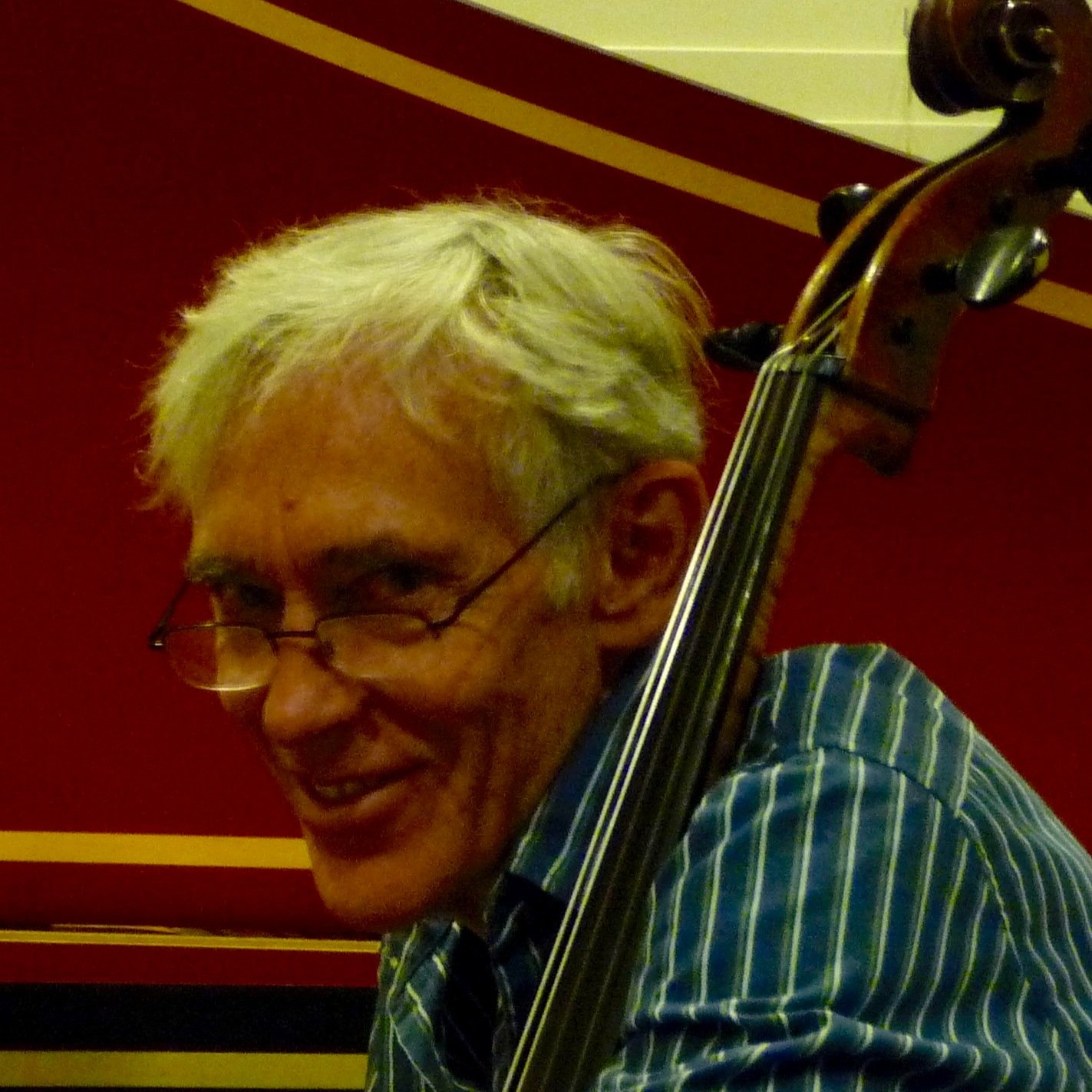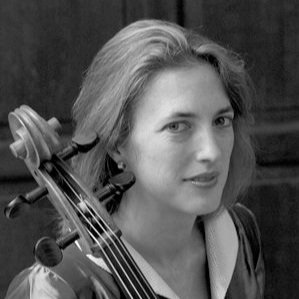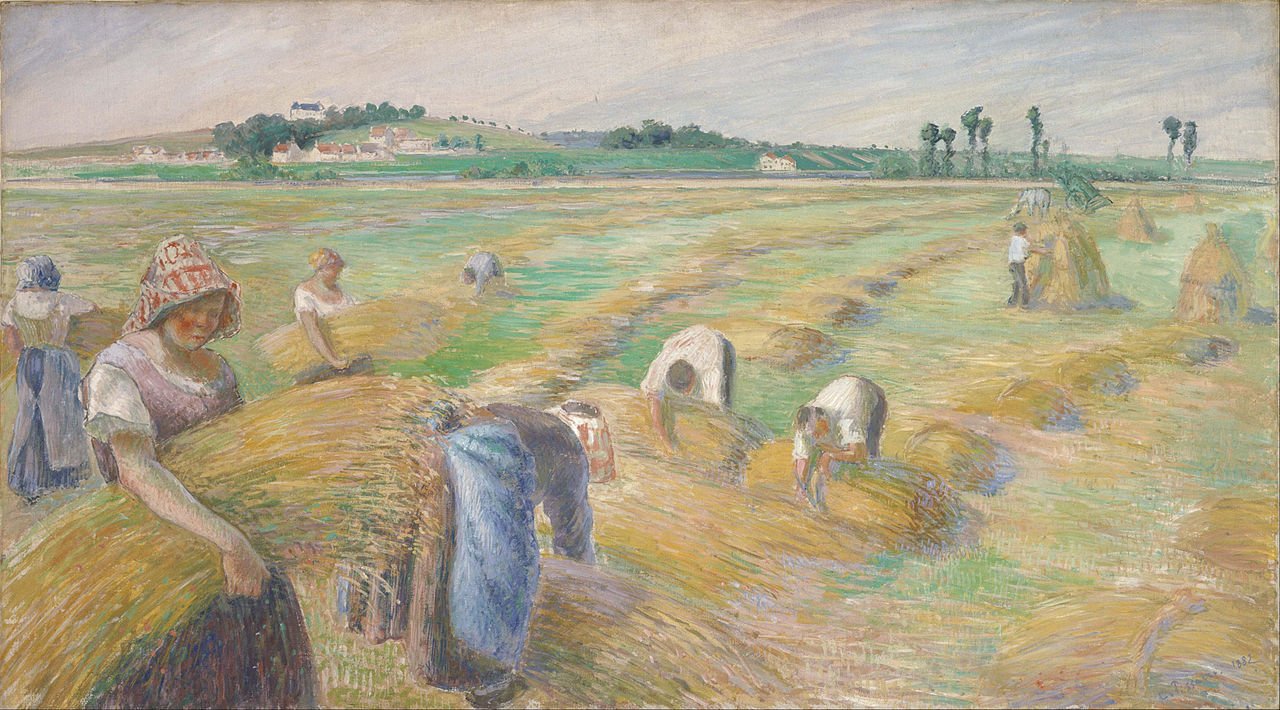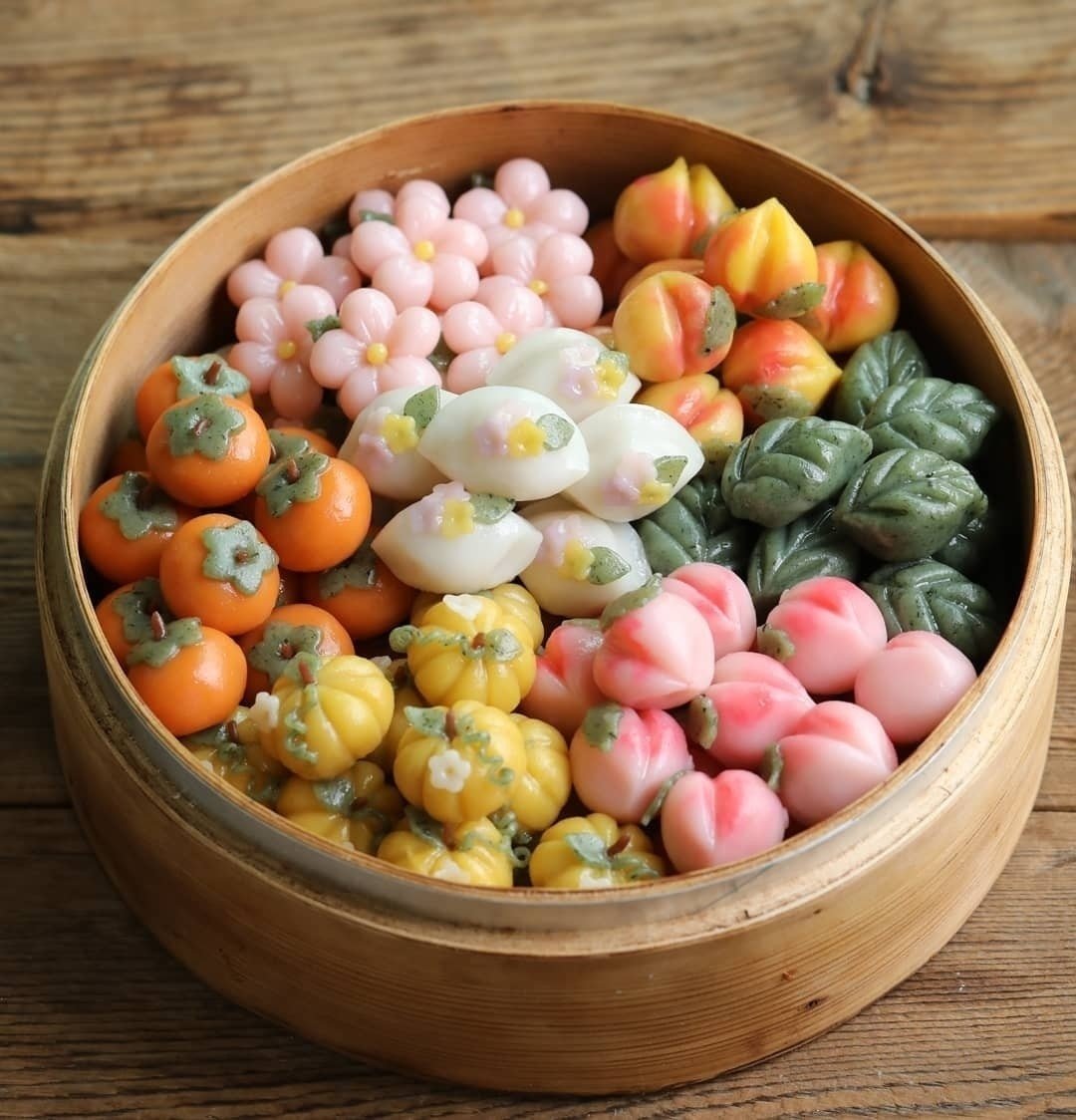Welcome to our October Newsletter!
A chill is in the air, harvest festivals are abundant, and cider donuts never tasted so good! Sarasa is getting excited for the opening concerts of our 25th Anniversary season next month: November 17 in Brattleboro, VT, November 18 at Follen Community Church in Lexington, MA and November 19 at the Friends Meeting House in Cambridge, MA. Come join us to celebrate a milestone of dynamic music-making, and of serving the community through our sustaining outreach program with incarcerated youth. Our November program highlights some of the timeless masterpieces of the chamber music canon: Beethoven’s “Cavatina” from his String Quartet in B-flat major, Op. 130, Haydn’s extraordinarily bold String Quartet in C major Op. 54 No. 2, and Schubert’s sublime Cello Quintet, also in C major.
In a special anniversary program that demonstrates the depth and power of the First Viennese School’s masters, Sarasa performs Beethoven’s soul-searching Cavatina from his late Op. 130 string quartet, revels in Haydn’s unstoppable inventiveness in his Op. 54 No. 2 quartet, and exalts in Schubert’s sublime cello quintet in C major.
Friday, November 17, 2023 at 7pm at Brattleboro Music Center, Brattleboro VT (tickets at bmcvt.org)
Saturday, November 18, 2023 at 7:30pm at Follen Community Church, Lexington
Sunday, November 19, 2023 at 7pm at Friends Meeting House, Cambridge
With Zenas Hsu, Amy Galluzzo, violins; Marka Gustavsson, viola; Timothy Merton, Jennifer Morsches, cellos
listening corner
Beethoven remarked that the one piece he had written which moved himself to tears was the “Cavatina” from his String Quartet, Op. 130. The great 20th-century conductor, Wilhelm Furtwängler, understood an orchestra should not encroach on works created for and inspired by the string quartet medium. Nonetheless, he conducted an orchestral performance of this famous late Beethoven quartet movement, because he felt that he had never heard a string quartet play it convincingly enough. Beethoven marks in the first violin part, "verklempt," translated variously as "choked-up, unable to speak," even "gasping for breath.” More than notes on a page, Beethoven expanded the expressions of human emotions through music. Perhaps this is why his output has transversed the ages, and is as important right now as it was in his time, especially as we confront such struggles and conflict in the world. This beautiful performance was broadcast in 1940, when WWII was underway. It is a deeply eloquent rendition, underlining the profundity of Beethoven’s musical genius.
Wilhelm Furtwängler conducting the Cavatina from Beethoven’s String Quartet Op. 130:
Why we love Schubert’s Cello Quintet!
Sarasa Director Tim Merton gives us some of his thoughts why Franz Schubert’s final chamber music masterpiece holds such a special, hallowed place for musicians and audience members alike. Composed two months before his untimely death in 1828, the “Cello” Quintet for two violins, viola, two cellos in C major, D. 956, defies anything that preceded or followed it.
- What does the Schubert Cello Quintet mean to you?
“This quintet is probably one of the greatest compositions of chamber music written in any age- it has everything, perfect symmetry and monumental in its scope and range of emotions.”
- Do you remember when you first heard it?
“I don’t remember when I first heard it, but probably when I was at the Putney School where we heard many great works in our music listening class.”
- What does Schubert do to make this such a magical piece, one that so many people revere?
“It takes the listener and player on such a journey of feelings. It was Schubert’s last great composition before he died at 31, so life and death permeate the piece, such nostalgia, melancholy, joy (Viennese) and turmoil. In those last few years of his life he was also driven to compose his two giant piano trios and his last song cycle, Die Winterreise.”
- Do you have a favourite recording?
“The first recording I listened to many years ago was from the Prades Festival with Madeline Foley and Pablo Casals playing cellos. (On Spotify here). It’s still a wonderful recording, but of the more contemporary recordings I really like the Cleveland Quartet with Yo Yo Ma, because it is simply elegant and not overly indulgent like many others. (Listen here).”
- Do you have a preference which cello part you play?
“Strangely, I have only ever played the second cello part; 5 performances in China in 1988 with the Moyse Ensemble, and twice in the last 25 years with Sarasa. I will be playing the first cello part in our upcoming concert so I’m excited for that, even though the second cello part is probably more challenging as it is the foundation of the piece and really carries the motion of the music.”
- Why do you think Schubert chose two cellos for this chamber work, rather than two violas?
“Perhaps Schubert had come across the scores of the 120 Cello Quintets that Boccherini composed, and was inspired by the richness and expanded sound a second cello can bring to a string quartet. Or maybe he didn’t have to make the choice of two cellos, he just knew it had to be!”
Camille Pissarro The Harvest (1882)
